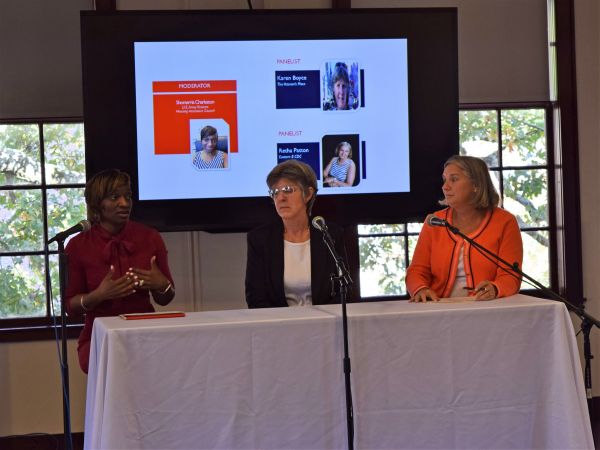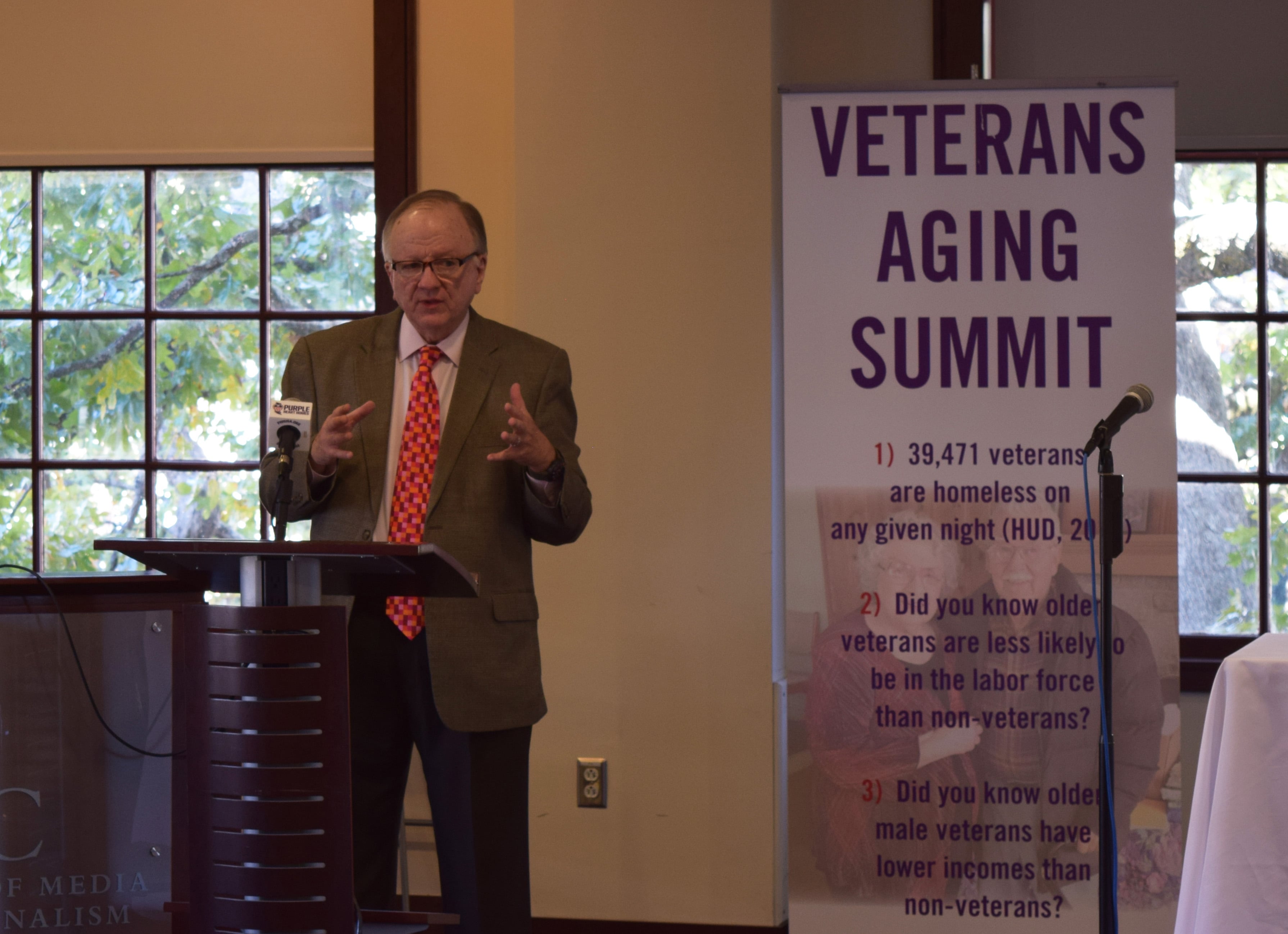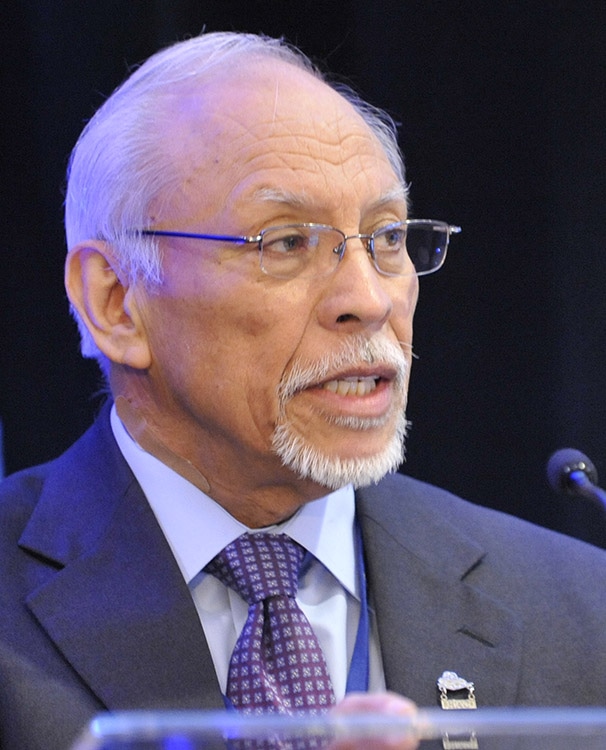USDA has proposed to “realign” its Rural Development mission area so the Rural Housing Service, Rural Business-Cooperative Service, and Rural Utilities Service administrators report directly to the Secretary of Agriculture.
This suggestion is offered in a report to Congress released on May 11, 2017. As the document’s title – Report on the Proposed 2017 Reorganization of the Department of Agriculture to Establish an Under Secretary for Trade and Foreign Agricultural Affairs – indicates, it focuses on changing USDA’s trade functions; it also emphasizes changes related to farm production. In a brief paragraph, the report says USDA:
intends to realign the Rural Development agencies to report directly to the Secretary. . . . This reorganization recognizes and promotes the importance of rural development by placing it under the direct oversight of the Secretary. Placing rural development under the direct supervision of the Secretary will ensure the Secretary is also able to leverage USDA’s expertise with rural communities and new Administrative initiatives to focus on infrastructure investments in rural America.
The idea raises numerous questions that have not yet been answered. Will this change lower RD’s profile in the department because it will not have a representative at the Under Secretary level? What priority will RD receive among all the other things the Secretary’s staff must address? Will it become easier to cut RD or its programs if they can be viewed as projects in the Secretary’s office and therefore optional? How does this fit with the Administration’s budget proposals to reduce RD funding?
A budget table in the report shows Rural Development under a Deputy Secretary. The department currently has one Deputy Secretary, and presumably the budget refers to the current position, not a new one. The relationship between RD and the Deputy is not reflected in the revised organizational chart, however. It shows RD connected directly to the Secretary of Agriculture, while all the Under Secretaries connect to the Deputy Secretary, and administrative offices connect to both the Deputy Secretary and the Secretary.
The budget table seems to indicate the amount of resources – staff years and funding – allocated to RD would not change under the new organizational scheme. It shows 4,487 staff years and $3,078 million for RD in the current setup, and 4,847 staff years and $3,078 million under the new arrangement. Since the funding level does not change, the switch from 4,487 to 4,847 staff years appears to be a typo.
The proposal’s focus is on creation of a new Under Secretary for Trade and Foreign Agricultural Affairs (TFAA) and a new Under Secretary for Farm Production and Conservation (FPC). A report in Politico Pro (subscription required) points out that by law USDA is limited to seven Under Secretaries. The reorganization would eliminate the current Under Secretary of Farm and Foreign Agricultural Services (FFAS), reassigning the FFAS agencies to the two new positions. But it must eliminate another Under Secretary to remain at the limit of seven.
The 2014 Farm Bill required creation of the new TFAA Under Secretary. The RD Under Secretary position was also required by a statute – although the 1994 law that reorganized USDA says “the Secretary is authorized to establish” such an Under Secretary and “If the Secretary establishes the position . . . ,” language that could be read as discretionary rather than mandatory.




 It has been my honor and privilege to guide the Housing Assistance Council’s efforts to improve the lives of low-income rural Americans. After almost three decades as HAC’s Executive Director, I am now retiring.
It has been my honor and privilege to guide the Housing Assistance Council’s efforts to improve the lives of low-income rural Americans. After almost three decades as HAC’s Executive Director, I am now retiring.